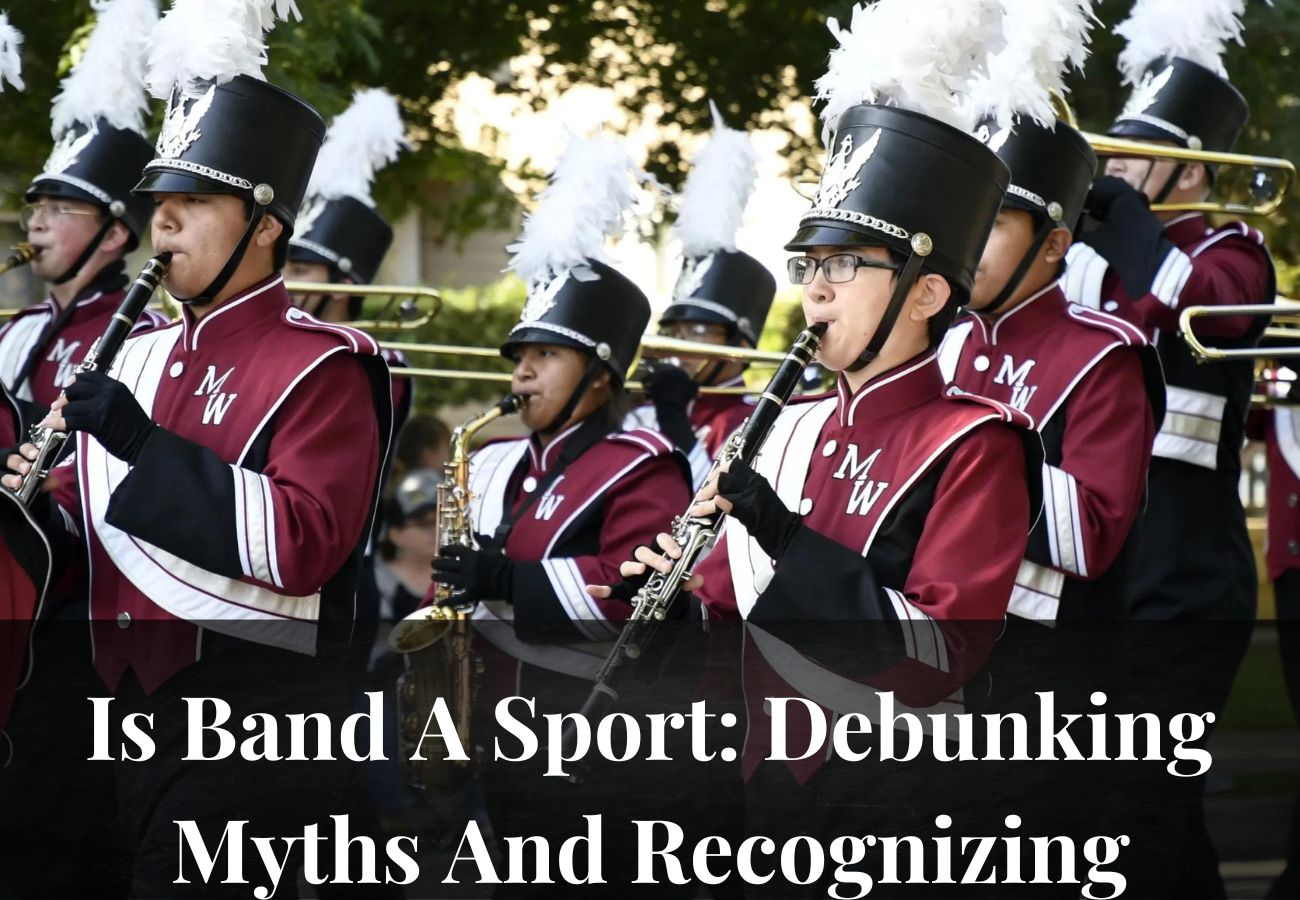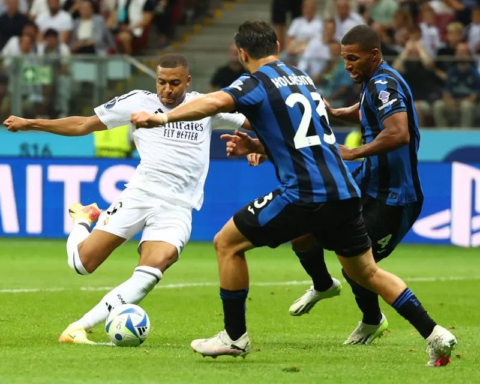Is band a sport: In The question of whether band qualifies as a sport is one that has sparked debate among students, educators, and enthusiasts for years. While traditional sports like basketball, football, and soccer often take center stage in discussions of athleticism, the physical and mental demands of participating in a school or marching band should not be underestimated. In this article, we delve into the nuances of band participation, exploring the athleticism, discipline, and teamwork required to excel in this unique artistic pursuit.
Defining Sport and Athleticism:
Before delving into the debate, it’s essential to establish a clear understanding of what constitutes a sport. While definitions may vary, sports are typically characterized by physical exertion, skill development, competition, and adherence to rules and regulations. Athletes engage in structured training regimens to improve their performance, often pushing their bodies to the limit in pursuit of excellence.

Athleticism, on the other hand, encompasses a broader range of qualities beyond mere physical prowess. It includes attributes such as coordination, endurance, agility, strength, and mental fortitude, all of which are essential for success in various athletic endeavors.
Band as a Form of Athletic Expression:
When considering whether band qualifies as a sport, it’s essential to recognize the athleticism involved in musical performance. Musicians, particularly those in marching bands, undergo rigorous training to develop their skills and endurance, much like athletes in traditional sports. From hours of rehearsal to precision marching and intricate choreography, band members dedicate themselves to mastering their craft and delivering captivating performances.
Moreover, the physical demands of playing a musical instrument should not be underestimated. Brass and woodwind players require exceptional lung capacity and breath control to produce clear, resonant tones consistently. Percussionists must possess strength, coordination, and timing to execute complex rhythms and patterns with precision. Even color guard members, who enhance visual presentations with dance and equipment manipulation, demonstrate athleticism through their agility, flexibility, and stamina.
Beyond the physical aspect, band participation also fosters essential life skills such as teamwork, discipline, time management, and leadership. Band members must work together seamlessly to achieve a unified sound and visual presentation, requiring effective communication and collaboration. Additionally, the rigorous rehearsal schedule instills discipline and dedication, as musicians strive for continuous improvement and excellence in their performances.
Debunking Myths and Misconceptions:
Despite the undeniable athleticism and dedication required for band participation, misconceptions persist regarding its status as a sport. Some argue that band lacks the competitive element traditionally associated with sports, as performances are often evaluated subjectively rather than through direct competition with opposing teams. However, this overlooks the competitive nature of marching band competitions, where bands vie for recognition, awards, and prestige based on their musical and visual achievements.
Furthermore, the physical demands of marching band cannot be understated. Marching for extended periods while playing instruments, maintaining proper posture, and executing intricate formations requires significant strength, endurance, and coordination. Many marching band members undergo rigorous conditioning programs to prepare for performances, emphasizing the athletic nature of their pursuits.
Recognizing Band as a Valuable Athletic Endeavor:
In conclusion, while the debate over whether band qualifies as a sport may persist, it’s essential to recognize the athleticism, dedication, and skill required for musical performance. Band members demonstrate physical prowess, mental fortitude, and teamwork comparable to athletes in traditional sports, underscoring the value of their contributions to school culture and the performing arts.
Rather than focusing solely on narrow definitions of sports, we should celebrate the diversity of athletic expression and recognize the unique talents and abilities of individuals in all pursuits. Whether on the field, court, or stage, athletes of all stripes deserve appreciation and respect for their commitment to excellence and their contributions to the fabric of our communities.







